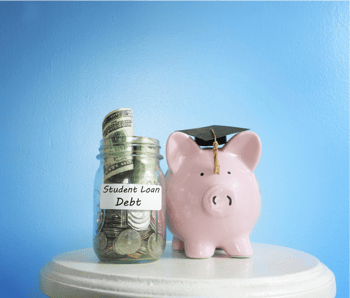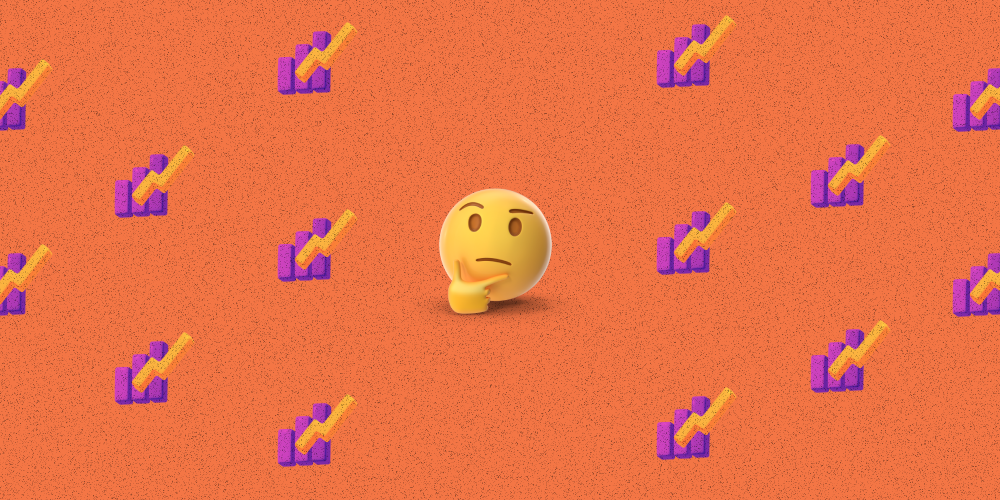3 Things You Need to Know About the Federal Rate Hike and Your College Life
You’ve probably seen the headlines announcing the recent increase in the federal rates, and you’ve also seen the rising cost of gas, food, and housing. But did you know that they are connected?
This article will explain what the rate hike means and why. Then we’ll dive into three of the top ways this change will impact college students.
One of the duties of the Federal Reserve is to determine the interest rate of one lender borrowing from another lender overnight—for example, from one bank to another. The problem is that the rate guiding financial institutions always impacts the rates they offer their customers.
The federal rate has been very low for years. But the flip side to low rates is usually higher market inflation–the new prices at stores and the pump. The increase in the federal rate is an effort to slow inflation to a more manageable pace and hopefully decrease the chance of a recession.
Unfortunately, current inflation rates predict a recession within the next two years. So what does all this mean to college students?
1. Lower Purchasing Power
Continued inflation and the impending recession all come down to lower purchasing power. That simply means that one dollar buys less than before (and those late night Taco Bell runs fueling your midterm studying? Not immune to inflation). What’s more, inflation and cost of living raises used to roughly balance out—but not right now.
College students should carefully plan how to spend their money. It’s also crucial to take advantage of opportunities to make more through better jobs or developing a side hustle.
2. Student Loans Will Likely Pay Higher Interest
Borrowing money is becoming more expensive as interest rates increase. Those planning to take out student loans for next year may see a jump in the interest rate, potentially a full percentage higher (or more for private loans).
Remember, federal student loans have a 0% interest rate with no payments due until August 2022 due to COVID-19!
3. Attending College Will Cost More
Unfortunately, the first two points are a double hit when paying for college. Inflation is likely to raise college tuition prices even higher. At the same time, it’s becoming more expensive to borrow money to cover education.
But don’t lose hope of a secure future! While prices and interest rates are rising, the market often adapts to meet real needs. The rise in ecommerce makes it easier than ever to earn more cash, government programs roll out to help bridge the gap, and inflation and recessions always level out with time.
Are you in college and trying to stay on top of your finances? At Kora, we know how hard it is to balance classes and navigate the changing world of money. Our blog breaks down big concepts and tells you why it’s relevant to your life. Follow us to stay in the know!
References:
NERDWALLET | What a Federal Rate Hike Means For Borrowers, Savers and Home Buyers
REUTERS | Fed to raise rates aggressively in coming months, say economists
CNBC | How the Federal Reserve’s rate hike impacts student loan borrowers


